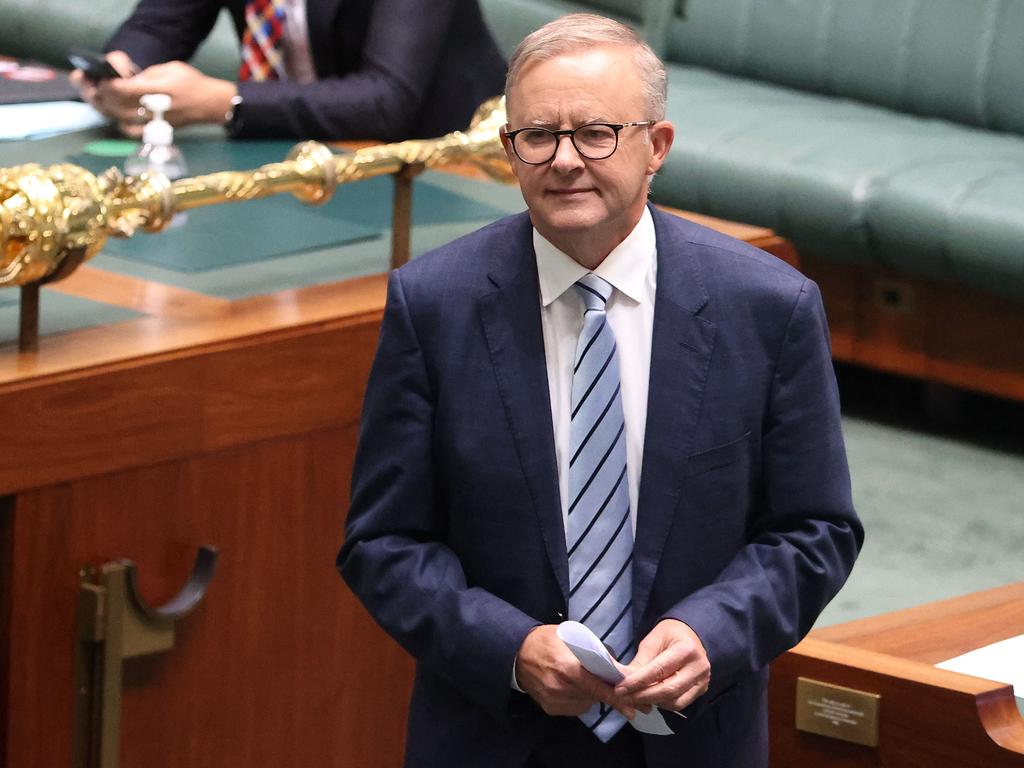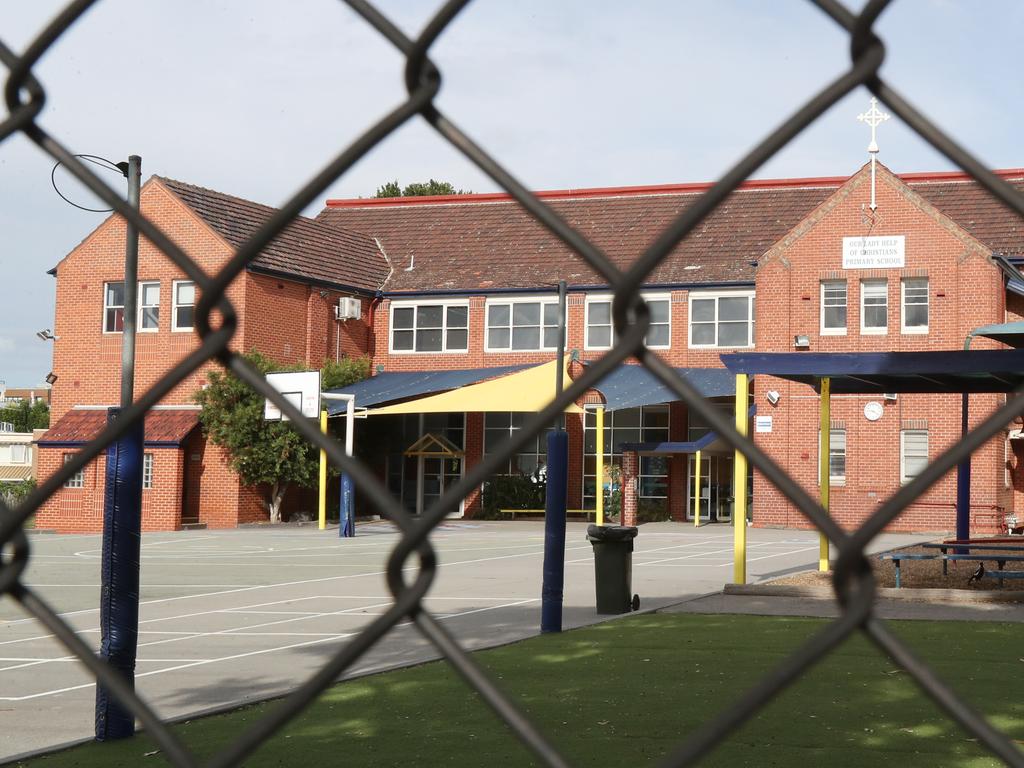Religious bill fallout tipped to sway voters
Analysis by The Weekend Australian shows religion is strong in a range of battleground seats that could decide the election | FULL LIST

Religious leaders say the failure of parliament to legislate religious discrimination protections will affect how people of faith vote in May, with some even speaking about it in their sermons following the shelving of the bill this week.
Analysis by The Weekend Australian shows religion is strong in a range of battleground seats that could decide the election, with Liberal strategists planning to blame Labor for the failure of the bill in marginal seats including Parramatta and Greenway in western Sydney, and Chisholm and Dunkley in southeast Melbourne.
But Labor MPs from religious electorates believe the party has got the balance right on its position on the legislation and will avoid the backlash from religious groups Bill Shorten suffered in the 2019 election.
Scott Morrison shelved the religious discrimination bill this week and sent it to an inquiry after five Liberal MPs crossed the floor over amendments to the Sex Discrimination Act to demand more protections for gay and transgender students.
Australian Christian Lobby director Wendy Francis said the religious community was “bitterly disappointed with the whole process” and wished Scott Morrison had “left himself enough time” to get it through.
“The bill was undermined by the ALP and the Liberal moderates,” Ms Francis said.
“Up until this week some people in Labor have been really reaching out and working with the faith communities with this bill. But this last week it did feel as if the Labor Party pulled the rug out from underneath the bill so there is disappointment.”
Melbourne Catholic archbishop Peter Comensoli said religious communities would now be “looking to the major parties to find a way forward and fulfil a promise to bring forward religious discrimination protections in law” and called on both parties to come together in coming months.
“I will be praying for an outcome before the election, and remain open to working with both sides of politics,” he said.
The most recent census data available shows postcode 2175, covering the suburb of Horsley Park in western Sydney, had the highest concentration of people of faith in the nation, with 93.8 per cent identifying themselves as belonging to a particular religion.
The predominantly Catholic postcode was one of five in the 12 most religious postcodes nationwide that were wholly or partly within McMahon, the electorate held by Labor’s climate change spokesman Chris Bowen on a margin of 6.6 per cent.
Other seats that covered the top 12 postcodes were all Labor-held, while 11 of the 12 were in western Sydney.
Watson – held by Labor’s manager of opposition business in the lower house Tony Burke and which has a large Muslim population – had three of the top 12 postcodes, while Blaxland, Werriwa, Fowler, Chifley and Parramatta all featured prominently on the list.
The Melbourne seat of Calwell, which has large Catholic and Islamic populations, was the only non-NSW seat with a postcode in the top 12.
Labor’s most vulnerable seats in western Sydney are Greenway, held on a margin of 2.8 per cent, and Parramatta (3.5 per cent), while the Morrison government will be desperate to hold on to Lindsay at the foot of the Blue Mountains.
In the large postcode of 2145 – covering Westmead, Wentworthville, Girraween and Greystanes and crossing over both Greenway and Parramatta, as well as McMahon – 87 per cent of people identified themselves as religious. In the neighbouring postcode of 2146, centred on Toongabbie and also overlapping the two marginal seats, 84 per cent of people recorded having a faith. In both postcodes, Catholicism and Hinduism were the dominant religions.
Religion was also strong in many rural electorates, including Capricornia, Flynn and Dawson in Queensland. Flynn, Labor’s best hope in the three Queensland mining seats on a margin of 8.7 per cent, has eight postcodes in the top 200, while Capricornia and Dawson each have four.
Australian Federation of Islamic Councils chief executive Keysar Trad said people in the community felt Mr Morrison had “not been true to his word”.
“There’s definitely a loss of confidence in the government,” Mr Trad said. “There was this solemn promise from the Prime Minister before the election and now to keep this bill … in suspended animation between life and death, people are starting to wonder whether they can rely on the government. There’s an aura about him (Scott Morrison) not keeping promises and the only way to break that is by fulfilling promises.”







To join the conversation, please log in. Don't have an account? Register
Join the conversation, you are commenting as Logout